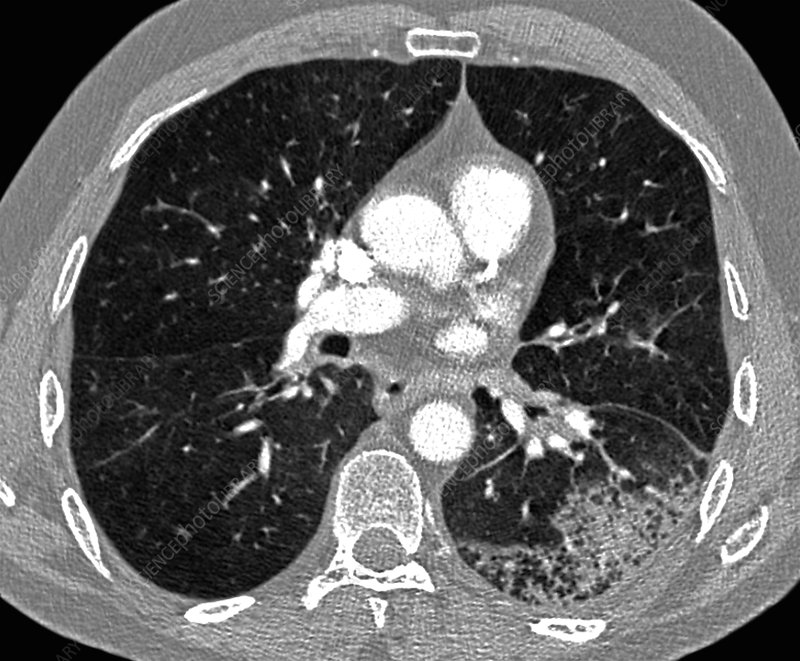
pneumonia-causes-symptoms-treatment-and-prevention
Pneumonia is an infection of the lungs that ranges from mild to life-threatening. Learn the common causes, warning signs, how it’s diagnosed and treated, and practical prevention tips including vaccines.
Pneumonia: Causes, Symptoms, Treatment and Prevention
Overview: Pneumonia is an infection that inflames the air sacs in one or both lungs. It can be caused by bacteria, viruses, or fungi and ranges from a mild illness to a life-threatening condition, especially in young children, older adults and people with other health problems. CDC
What causes pneumonia?
Pneumonia occurs when infectious organisms reach the lungs and cause inflammation. Common causes include bacterial infections (eg, Streptococcus pneumoniae), respiratory viruses (influenza, RSV), and fungal infections in immunocompromised people. The cause affects treatment choices and prognosis. CDC+1
Who is at risk?
High-risk groups include infants and young children, adults over 65, smokers, and people with chronic illnesses or weakened immune systems. nhs.uk+1
Signs and symptoms
Typical symptoms include cough (sometimes productive), fever, shortness of breath, chest pain when breathing, fatigue, and in older adults confusion or low alertness. Seek urgent care for severe breathing difficulty, persistent high fever, confusion, or bluish lips/face. CDC+1
How pneumonia is diagnosed
Diagnosis is based on medical history and exam, chest X-ray, pulse oximetry and sometimes blood tests or sputum cultures to identify the organism.
Treatment options
- Bacterial pneumonia: antibiotics (often oral for mild cases, injectable for severe). Amoxicillin is commonly used in many settings. NCBI+1
- Viral pneumonia: supportive care; antivirals when appropriate. CDC
- Severe cases: hospitalization, oxygen, IV antibiotics, and monitoring
Prevention
Key steps: pneumococcal and influenza vaccination for eligible groups, good hand hygiene, covering coughs, not smoking, and managing chronic conditions. Vaccination is especially important for young children and older adults. CDC+1
When to get medical help
Seek urgent assessment for severe breathing difficulties, chest pain, high fever that won’t come down, confusion, or if an infant is feeding poorly or very sleepy. nhs.uk+1
Living with and recovering from pneumonia
Most people improve within days of treatment, but cough and tiredness may persist for weeks. Follow treatment instructions and return to care if symptoms worsen. CDC
References: CDC, WHO, NHS (see citations above).